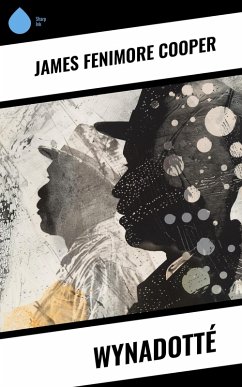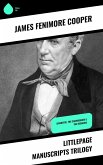In 'Wynadotté', James Fenimore Cooper explores the intricate interplay between civilization and the wilderness in early America through the lens of the frontier experience. Written in Cooper's characteristic romantic style, the novel delves into themes of identity, cultural conflict, and the struggle for survival. Set against the backdrop of the early 19th century, the narrative follows the life of Wynadotté, a young woman of mixed heritage, as she navigates a world fraught with tension between Native American tribes and European settlers. Cooper's prose is rich and evocative, reflecting a keen awareness of the American landscape and the complexities of human nature, capturing the essence of the era's literary context that straddles romanticism and the emerging tensions of modernity. James Fenimore Cooper, a pioneer of American literature, is often lauded for his vivid and detailed portrayals of Native American and frontier life. Born in 1789 in Burlington, New Jersey, Cooper drew upon his experiences growing up near the frontier in New York. His familiarity with Native American cultures and conflicts informed his writing, as he sought to construct a narrative that was both reflective of American society and critical of its evolving moral landscape. This background undoubtedly shaped the creation of 'Wynadotté', a novel that grapples with issues of identity and loyalty during a tumultuous time in American history. I highly recommend 'Wynadotté' to readers interested in the foundational narratives of American literature that address complex cultural intersections. Cooper's skillful storytelling and deep psychological insight offer a profound commentary on the human condition, making this work essential for anyone seeking to understand the historical narratives that shaped America. This book is not only a compelling read but also a significant contribution to the discourse on race, identity, and the American frontier.
Dieser Download kann aus rechtlichen Gründen nur mit Rechnungsadresse in A, B, BG, CY, CZ, D, DK, EW, E, FIN, F, GR, HR, H, IRL, I, LT, L, LR, M, NL, PL, P, R, S, SLO, SK ausgeliefert werden.









